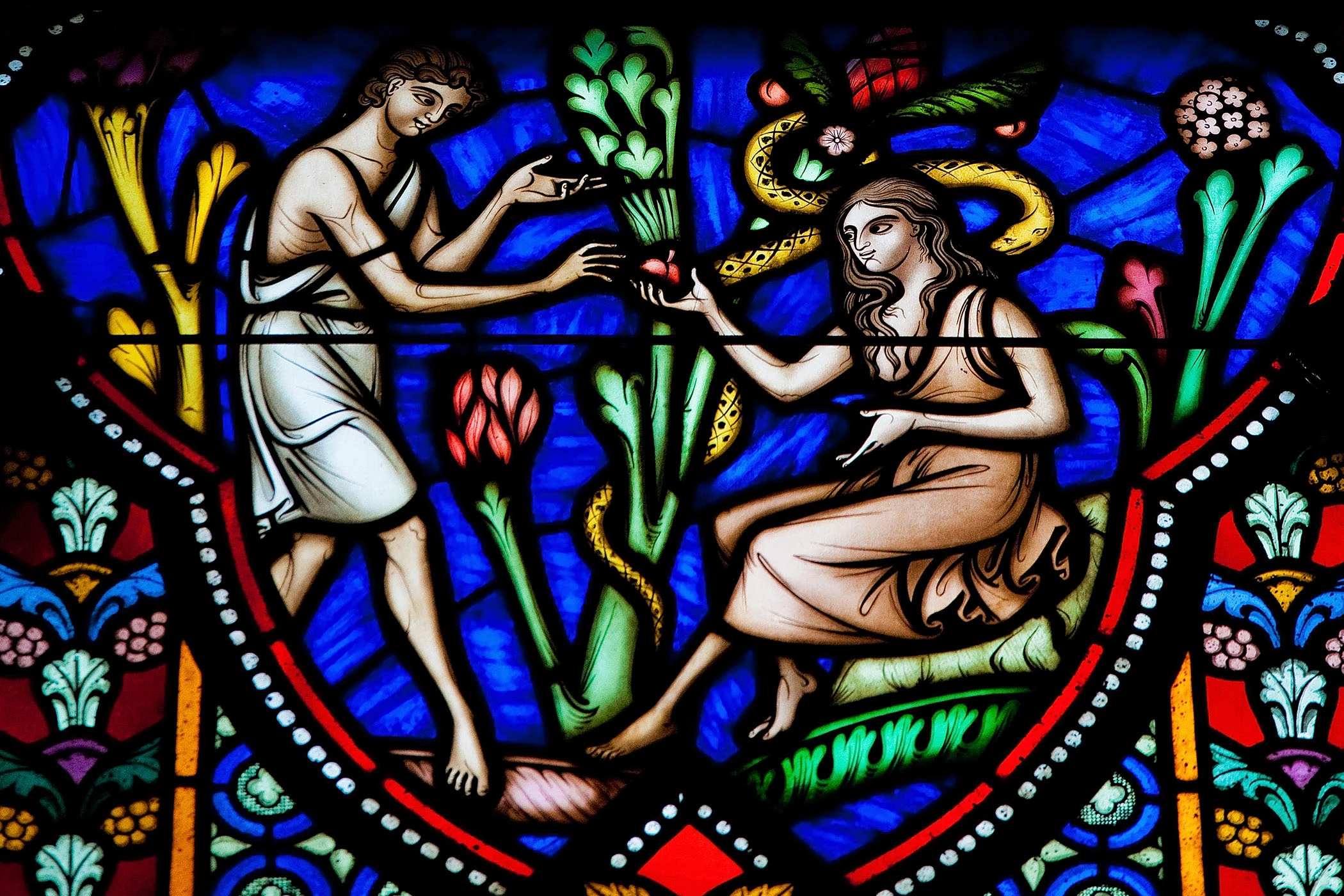TIL although the idea that Adam and Eve ate an apple is common, the Book of Genesis never mentions the identity of the forbidden fruit.
TIL although the idea that Adam and Eve ate an apple is common, the Book of Genesis never mentions the identity of the forbidden fruit.

